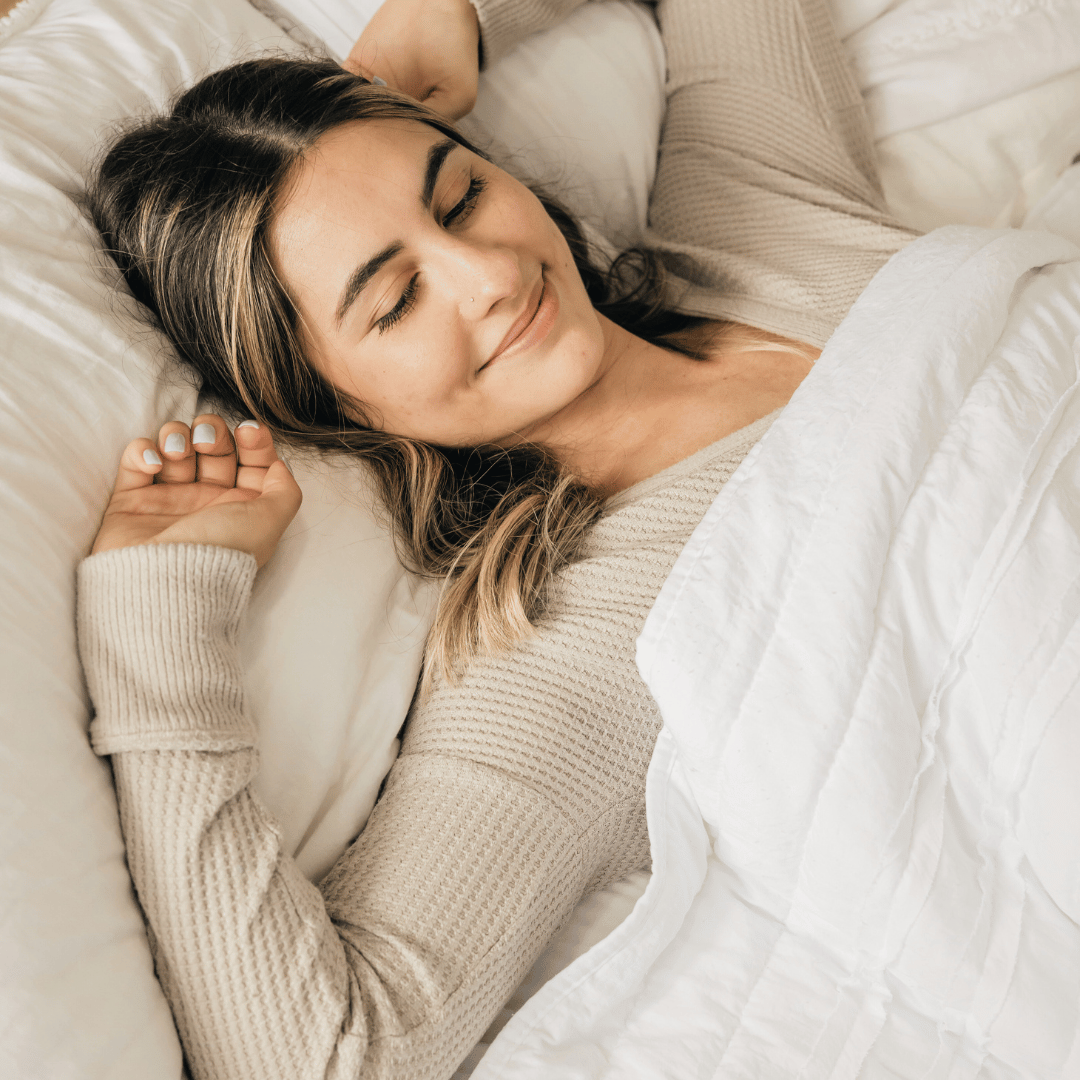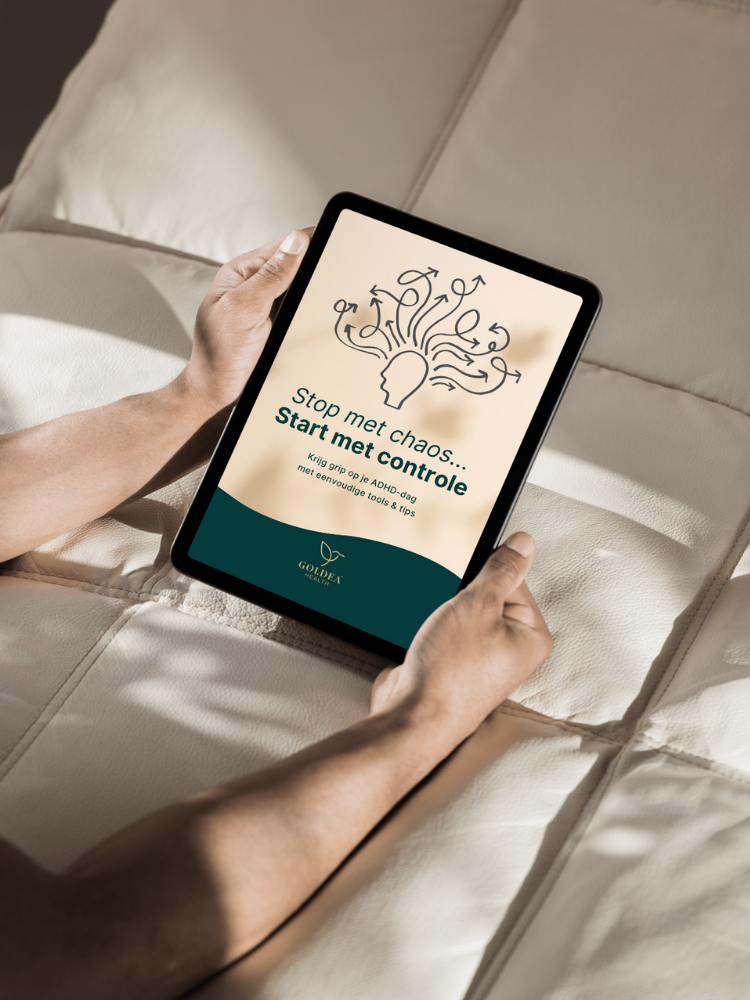Nieuw bij Goldea? 15% kennismaking met code: FRESHSTART15

Nieuw bij Goldea? 15% kennismaking met code: FRESHSTART15
If you've been following us for a while, you know we at Goldea Health are passionate about sleep. Did you know that with the seasonal change from winter to spring, traditional Chinese medicine reminds us of a fascinating phenomenon called "chun kun"—spring fatigue? Yes, it's as if even nature itself heaves a sigh as it prepares for the beautiful renewal of life. But fear not, because we 're here to guide you through this transition with an arsenal of tips, tricks, and natural sleep aids to help you rest deeply and embrace spring with open arms.
Did you know that on average you sleep 9,745 days, 1,392 weeks, or 27 years of your life?!
During sleep, we cycle through different sleep stages, each with unique characteristics and functions. The two main categories of sleep stages are REM (Rapid Eye Movement) sleep and non-REM sleep.
This non-REM sleep can be divided into three stages. Let's take a look at this enchanting world of sleep:
In this blog post, we've shared proven tips to improve your sleep, along with natural sleep aids. Practical tips and relaxation techniques will help you sleep better. With these insights, you can rest more deeply and welcome spring with open arms.
We believe that we can make the world a little healthier by inspiring, sharing knowledge and motivating people towards a healthy lifestyle.
Request personal advice
Free e-book with a day planner and smart tips for more peace and clarity in your day